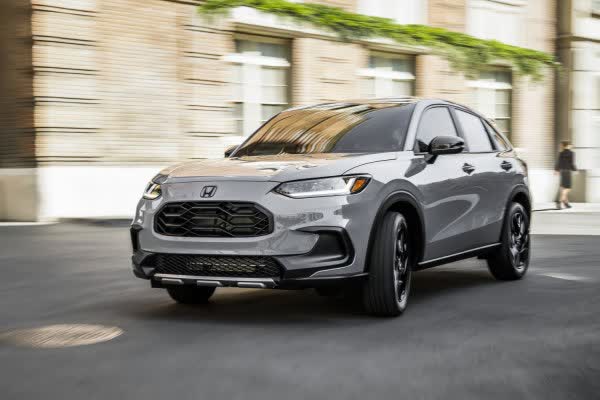Everything you need to know about specifications and performance - Honda HR-V 2021 - 1.5 i-MMD (131 Hp) e:HEV e-CVT

Overview:
What is the engine capacity of a Honda HR-V 2021?
The engine capacity of the Honda HR-V 2021 is 1498.
Honda HR-V 2021 How many horsepower?
The engine power of the Honda HR-V 2021 is 107 Hp @ 6000-6400 rpm..
What is the Honda HR-V 2021 engine?
Honda HR-V 2021 engine is LEC3. (Click to see other cars using the same engine)
How powerful is the electrical system in the Honda HR-V 2021?
The power of the electrical system in the Honda HR-V 2021 is 131 Hp hp.
How much gasoline does a Honda HR-V 2021 consume?
The Honda HR-V 2021 consumes 4.2 liters of gasoline per 100 km
General:
Engine:
Performance:
Electric system:
Space:
dimensions:
Powertrain, Suspension and Brakes:
See also

Last generation.
Its production began in 2024 until Now

Other generation.
Its production began in 1999 until 2005

Same production year and almost the same engine capacity.
Its production began in 2021 until Now

Write a comment